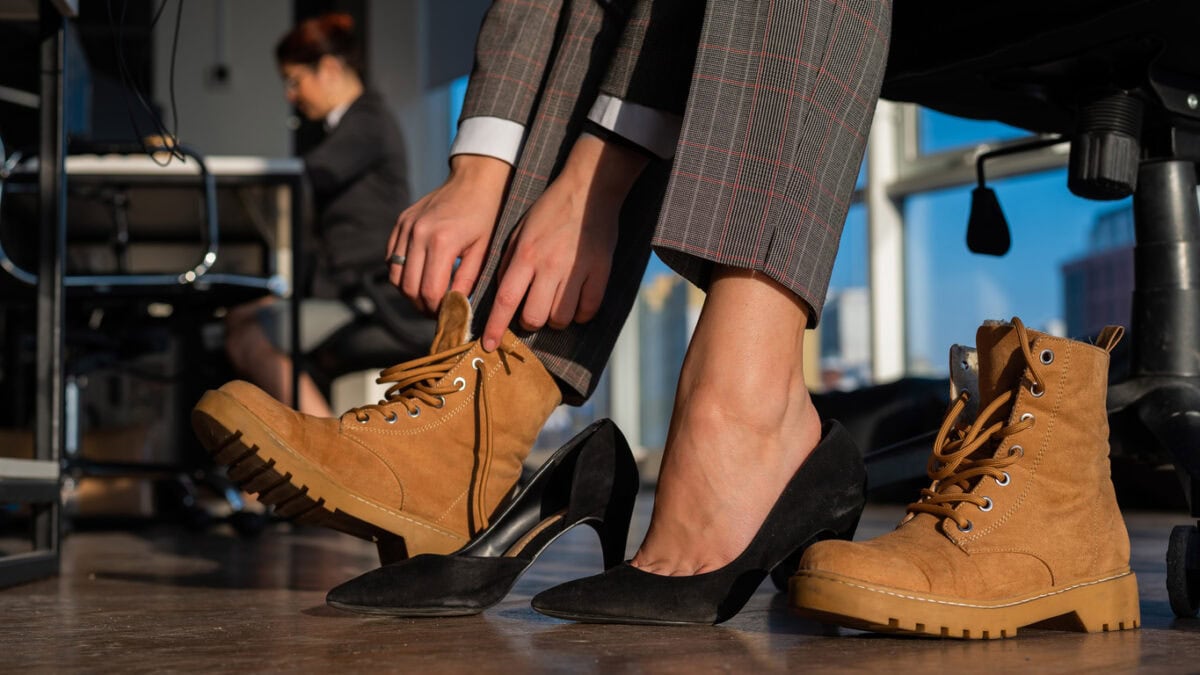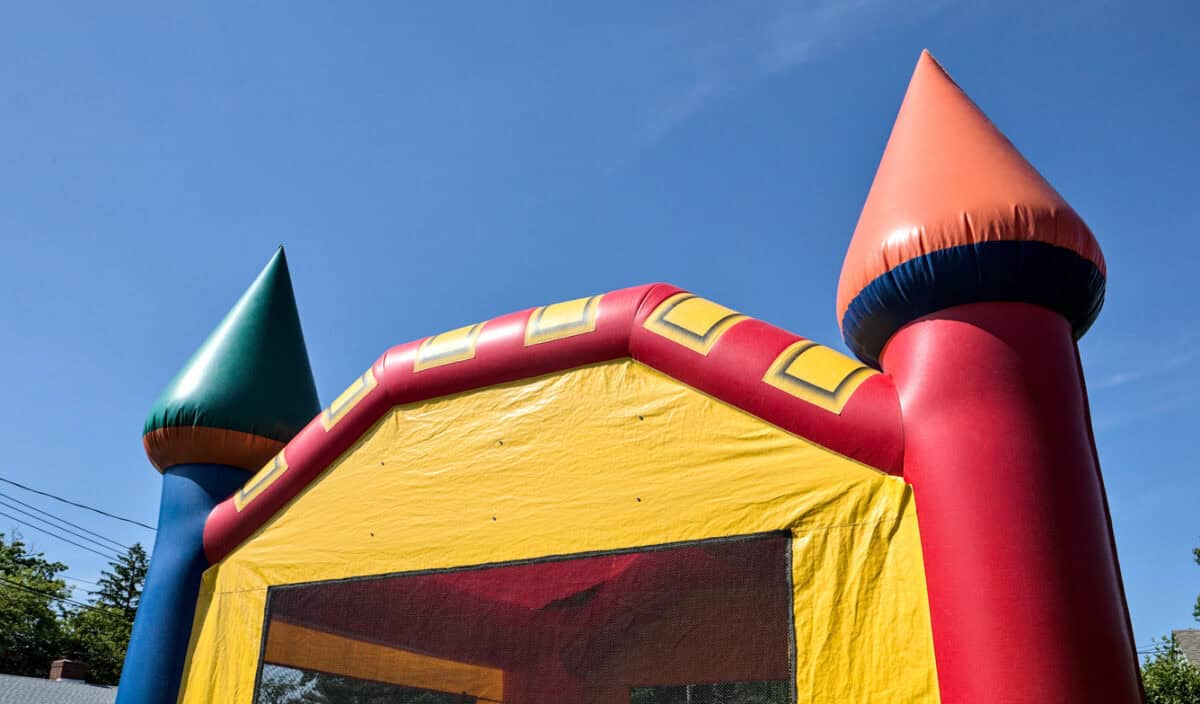Occupational health and safety (OHS) podcasts are increasingly common. They are reaching peak-podcast just as peak-blog may have done a few years ago, BUT the increased attention to workplace psychological health continues to create more. A new, short, informative, and useful one is “Inside Safety” with lawyers Steve Bell and Nerida Jessup.
Category: law
OHS questions remain after Jumping Castle owner freed
A Magistrate has said there is insufficient evidence to find Rosemary Gamble guilty of a criminal offence over an incident involving an inflatable jumping castle that resulted in the deaths of six children at Hillcrest in Tasmania. The prosecution may have ended, but a Coronial inquiry remains scheduled, and a civil class action against the state of Tasmania and Ms Gamble was launched in 2024. This article looks at the occupational health and safety aspects of the incident.
NSW Bickers Over Psych Comp Costs While Ignoring the Cure: Safer Workplaces
Currently, workplace politics in New South Wales are wrapped up in arguing about changes to the way workers’ compensation covers those with a psychological injury. The justification, as it was with similar issues in Victoria last year, is that the growth in workplace mental health claims apparently jeopardises the viability of the workers’ compensation scheme. These arguments exclude the long-term occupational health and safety (OHS) solution to the problem, and it is not as if governments were unaware of this emerging financial challenge.
Workplace harm and harmful behaviours
A typical excuse, or a sentence, people use after they’ve caused harm, injury or created an offence, is that “I didn’t mean to do any harm or think anybody would be harmed”. Potential harm may not have been considered, and the consequence of the act or a word was not anticipated. But it’s also possible that it’s a lie, and that they did intend harm, and they’re just looking for a way to excuse themselves from the responsibility and the consequence of that harm. And that’s a problem with including intent in a definition of work-related harm.
Poor footballer mental health may be a symptom of CTE, but it is the risk of CTE that should be prevented
The concussion risks of sportspeople continue to appear in the media and popular discussions after every suicide, death, or retirement of sportspeople who play contact sports. Recently, Alan Pearce, Professor, Adjunct Research Fellow, School of Health Science, Swinburne University of Technology, wrote an opinion piece for The Australian newspaper (paywalled) that touched on some occupational health and safety (OHS) themes that deserve expanding.
[This article discusses suicide]
Pyrrhic IR prosecution that ignores the OHS context
Recently, sentencing in a court case in Melbourne has generated much online chatter about excessive working hours and the exploitation of workers in a small law practice. One report of the $A50,000 fine against Erudite Legal says that the company:
“…forced a junior lawyer to work up to 24-hour days and watch an ice hockey movie at 1am so she could understand her boss’ philosophical position”.
Other media reports provide more details of the successful prosecution, but the occupational health and safety (OHS) context is mostly absent.
Australia needs an “OHS for HR” book
SafeWorkSA has published fascinating information about preventing “harmful workplace behaviours.” The webpage’s eye-catching part is the Hierarchy of Controls for Managing the Risk of Harmful Workplace Behaviours, but the article is curious.
The audience for information from occupational health and safety (OHS) regulators is supposedly everyone, but it is rarely read by anyone other than OHS advocates. However, any information about psychosocial risks and hazards needs to be written in a tone that attracts the attention of those in businesses who have established ownership of these hazards, primarily the Human Resources (HR) person. SafeWorkSA’s page fails to reach this target.







